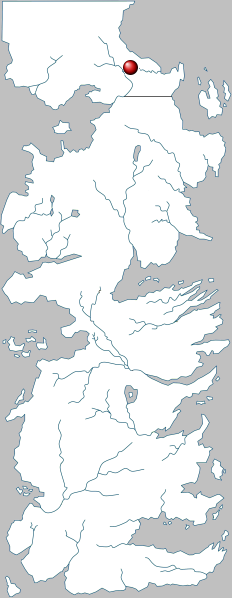

in the strange dizziness of that moment, the statue every man eventually erects and that hardens in the fire of the years, into which he then creeps and there awaits its final crumbling – that statue was rapidly cracking, it was already collapsing. The epiphany at the graveside is instant and profound: “.

The source of this feeling only becomes clear upon the discovery of his father’s war grave almost forty years after his death. Jacques, Camus’s fictionalised Self, was aware of some vague deficiency, “There is a terrible emptiness in me, an indifference that hurt,” he says. The dominant theme, only emerging explicitly in middle age, is the search for the hidden personality of his dead father, killed in the Great War during Camus’s infancy. The book shows Camus as a person shaped in his intentions as well as his vices by a most remarkable and unlikely multi-cultural background of poverty, intellectual depravation and what can only be called highly disciplined love: “They hurt each other without wanting to, just because each represented to the others the cruel and demanding necessity of their lives.” The narrative is not so much biographical as episodic, recounting the obviously most important emotional events and recognitions of his life. The First Man is intensely emotional without being sentimental, self-critical without regrets, and above all human with a humanness which is, I think, the key to everything else he wrote. But for anyone interested in his philosophy, or more importantly the reasons for his philosophy, this should probably be the first to read. The book shows Camus as a person shaped in his intentions as well as his vices by a most remarkable and unlikely multi-cult A Hunger for Discovery

A Hunger for Discovery This is Camus’s last work.


 0 kommentar(er)
0 kommentar(er)
